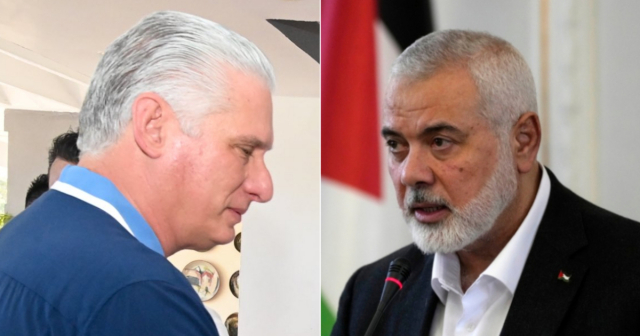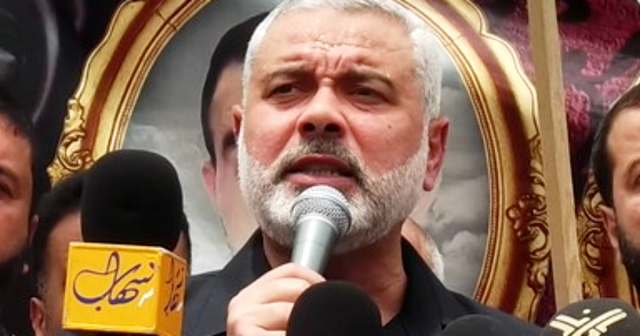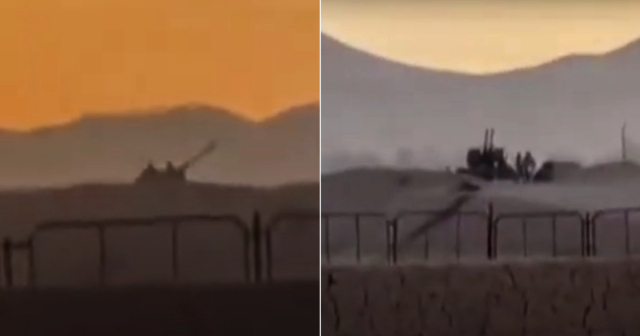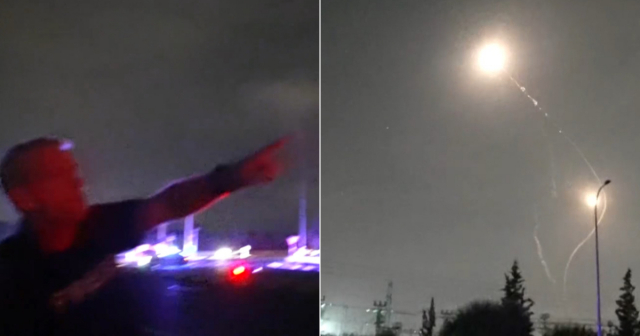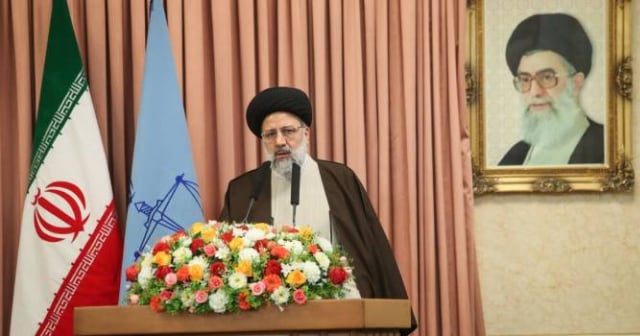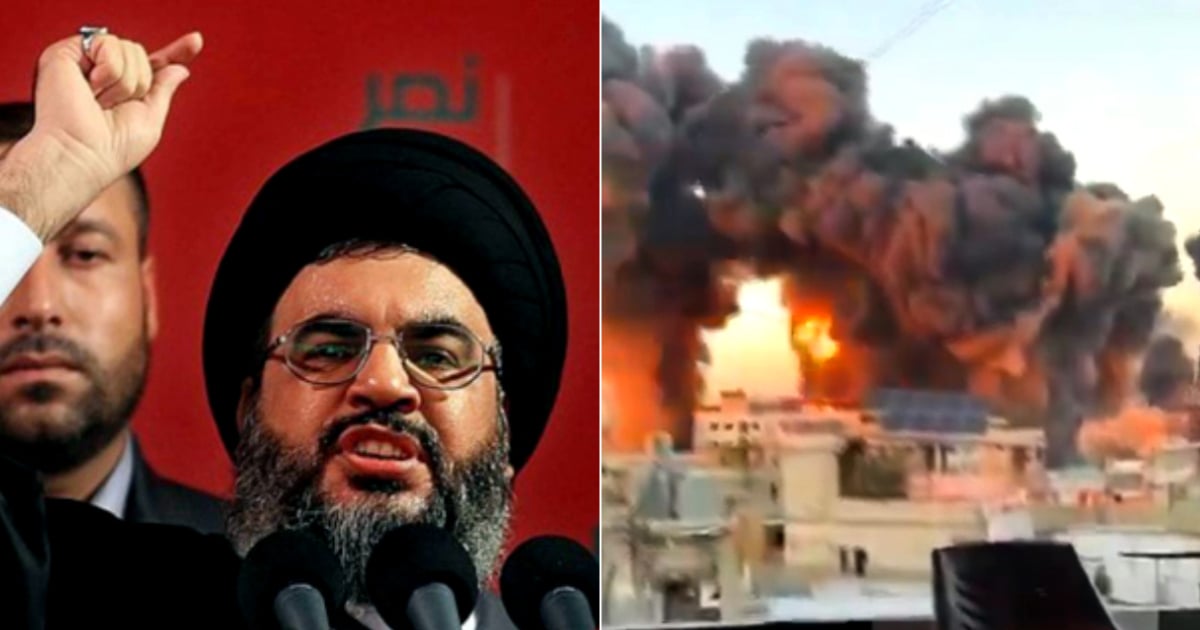
The leader of Hezbollah, Hassan Nasrallah, died this Friday following an Israeli airstrike in Beirut, marking a turning point in the conflict between Israel and the Lebanese militant group, designated as a terrorist organization by the United States, Israel, and other countries in the Arab League.
Nasrallah, who led Hezbollah for more than three decades, played a crucial role in transforming the group into one of the most powerful paramilitary organizations in the Middle East. According to the AP agency, his death not only affects the organization but also has deep implications for the region and its alliances, especially with Iran.
Accused since its founding of carrying out a series of attacks against Jewish and Israeli targets, Hezbollah's military wing is listed as a terrorist organization by the European Union (EU).
The annihilation of the leader, following an airstrike on a building considered the headquarters of the organization, occurs after Israeli intelligence services (Mossad) allegedly surprised the world with an unprecedented and bold operation that triggered the explosion of dozens of communication devices - beepers and walkie-talkies - which resulted in several deaths and thousands of injuries among militants and high-ranking officials of Hezbollah.
A controversial leader
Hassan Nasrallah, 64 years old, became the leader of Hezbollah in 1992, after the death of his predecessor, Sayyed Abbas Musawi. Under his command, Hezbollah not only waged wars against Israel but also actively participated in the conflict in Syria, supporting the dictator Bashar al-Assad and strengthening the Axis of Resistance, a network of alliances backed by Iran.
Nasrallah was key in consolidating alliances with Shiite religious leaders and other militant groups, such as Hamas, positioning himself as a formidable enemy of Israel.
Born into a poor Shia family in the suburbs of Beirut, Nasrallah grew up amid the instability of Lebanon. He joined the Amal movement and later participated in the founding of Hezbollah, a group that Iran created in 1982 to fight against the Israeli occupation in southern Lebanon.
Since his rise to leadership, Nasrallah has transformed Hezbollah into an influential political and military force, idolized by his supporters in Lebanon and respected throughout the Arab and Islamic world.
The fatal attack and its implications
The Israeli airstrike that claimed the life of Nasrallah took place in the suburb of Haret Hreik, in southern Beirut, where six buildings were destroyed in the largest attack on the Lebanese capital in nearly a year of fighting between Israel and Hezbollah.
Although Israel has not officially confirmed that Nasrallah was the target, three major Israeli television channels reported that his death was the result of the attacks in the southern suburbs of Beirut. The operation also left dozens dead and wounded, and affected Hezbollah's headquarters in the city.
The death of Nasrallah raises serious questions about the future of Hezbollah and its role in the region. His leadership was crucial in the withdrawal of Israeli troops from southern Lebanon in 2000 and in the 34-day war with Israel in 2006, which solidified his reputation as one of the greatest enemies of the Israeli state.
Without its central figure, Hezbollah's leadership could become fragmented, opening the possibility of internal struggles for control.
Reactions from Iran and the future of the conflict
Iran, the main ally and sponsor of Hezbollah, has strongly condemned the attack and promised an appropriate response. The relationship between Hezbollah and Iran has been fundamental for the advancement of Iranian interests in the Middle East, and the loss of Nasrallah is a significant blow to the Axis of Resistance.
After the death in Tehran of the Hamas leader, Ismail Haniyeh, the elimination of Nasrallah could lead to a hardening of stances, with Iran seeking to reaffirm its influence and ensure that Hezbollah remains a threat to Israel.
Analysts warn that the disappearance of Nasrallah could further escalate the conflict, with Hezbollah intensifying its attacks on Israel's northern border. Additionally, the lack of a clear successor could create instability within the group, which in turn would affect the region as a whole.
What do you think?
COMMENTFiled under:


